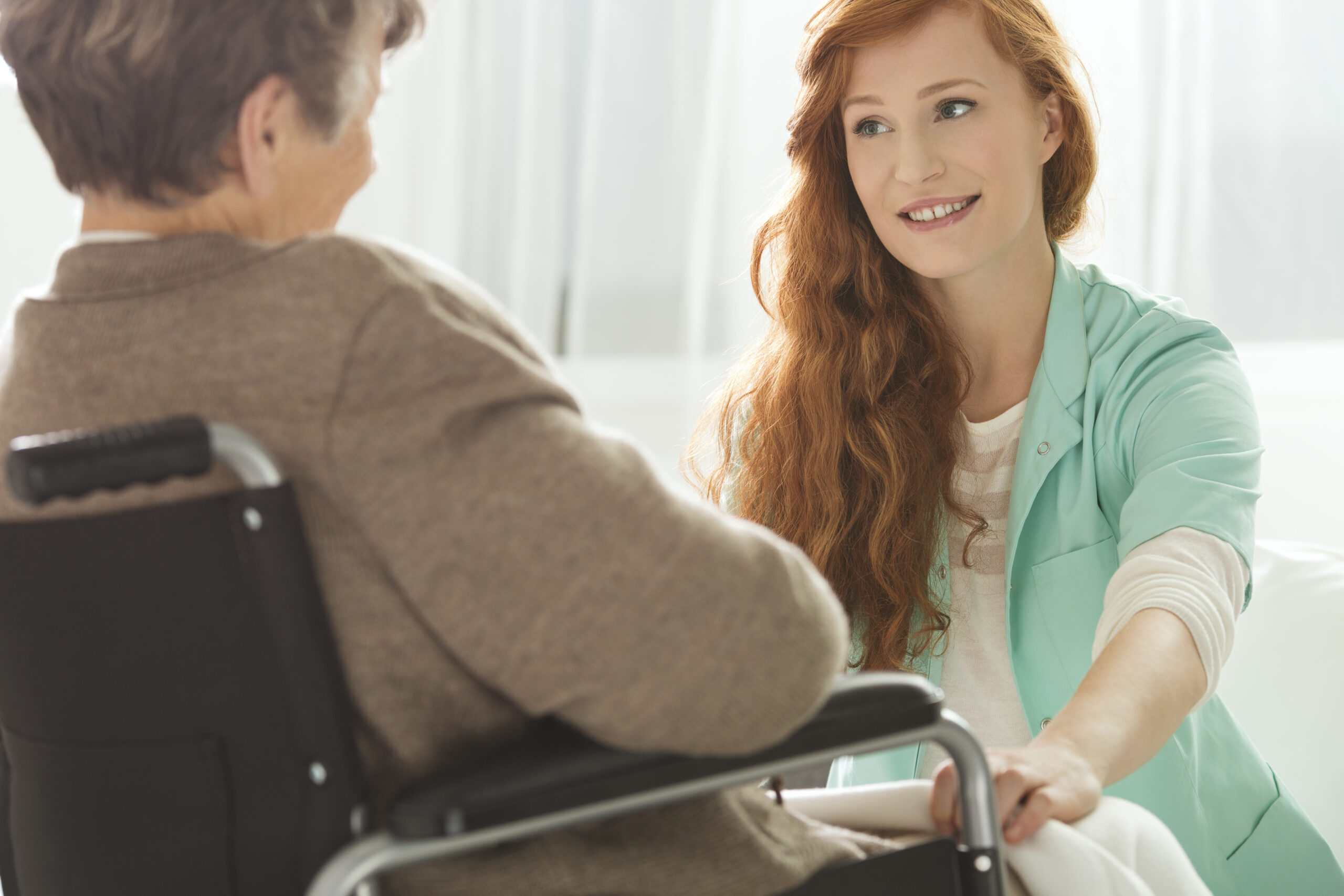The Role of Homecare in Post-Hospitalization Recovery
When most people think of homecare, they think of daily care, including meal preparation, self-care assistance, homemaking help, medication reminders, and transportation. However, homecare also plays a role in post-hospitalization recovery. A caregiver will ensure you recover from surgeries and treatments and achieve the best outcome.
This article will review the role of homecare in post-hospitalization recovery so you can decide if it’s the right choice for your loved one.
How Can Homecare Help with Post-Hospitalization Recovery?
Basic Care
When a loved one is recovering from surgery, they may be unable to care for themselves. They may have trouble cooking for themselves, cleaning, bathing, and doing other activities. A caregiver can aid the patient so they can complete daily tasks.
Transportation to Doctor’s Appointments
Patients must visit doctors and physical therapists as part of their recovery process. The doctor will see how the healing process is going. They may prescribe additional medications and treatments. The physical therapist will help them regain strength.
During recovery, patients may be unable to drive. A caretaker can take them to appointments and ensure they get the required treatment.
Assistance Picking Up Prescriptions, Groceries, and Other Items
A patient’s inability to drive will make it difficult for them to pick up prescriptions, groceries, and other items. A caretaker will run errands to ensure they get the items they need.
Monitoring Medication Intake
Patients are often prescribed medications that help them recover from surgery. They may get prescriptions for antibiotics to prevent infections, drugs that treat underlying issues, and painkillers.
A caregiver will make sure the patients take their medications on time so they can continue the healing process. They will help administer drugs if patients can’t access them due to range of motion limitations. They will also ensure that they don’t overdo it on the painkillers.
Many patients take too many painkillers and acquire an addiction over time. A caretaker will oversee the dosage so they don’t exceed their daily limit.
Wound Dressing
Patients must change their bandages and dress their wounds. It can be difficult to change your dressings when you are in pain or have limited movement. A caretaker can take care of wound dressing. They will make sure the wound is clean to prevent infection.
Reinjury Prevention
Patients must be careful not to overdo it when they heal from surgery. A caretaker will monitor them to ensure they don’t do anything that causes reinjury. They will perform tasks so the patient doesn’t put themselves at risk.
Stay at Home Health Care is a Preferred Choice for Post-Hospitalization Recovery
SAH Health Care is a top choice for post-hospitalization recovery in Pennsylvania. We assist with daily activities, medication management, transportation, and more. We ensure our clients will have the best possible health outcomes.
And post-hospitalization recovery isn’t all that we do. We also provide homecare services, companion care, personal care, and Alzheimer’s and Dementia care. We will help your loved one reach their wellness goals.
Contact us to learn more about what we have to offer.

